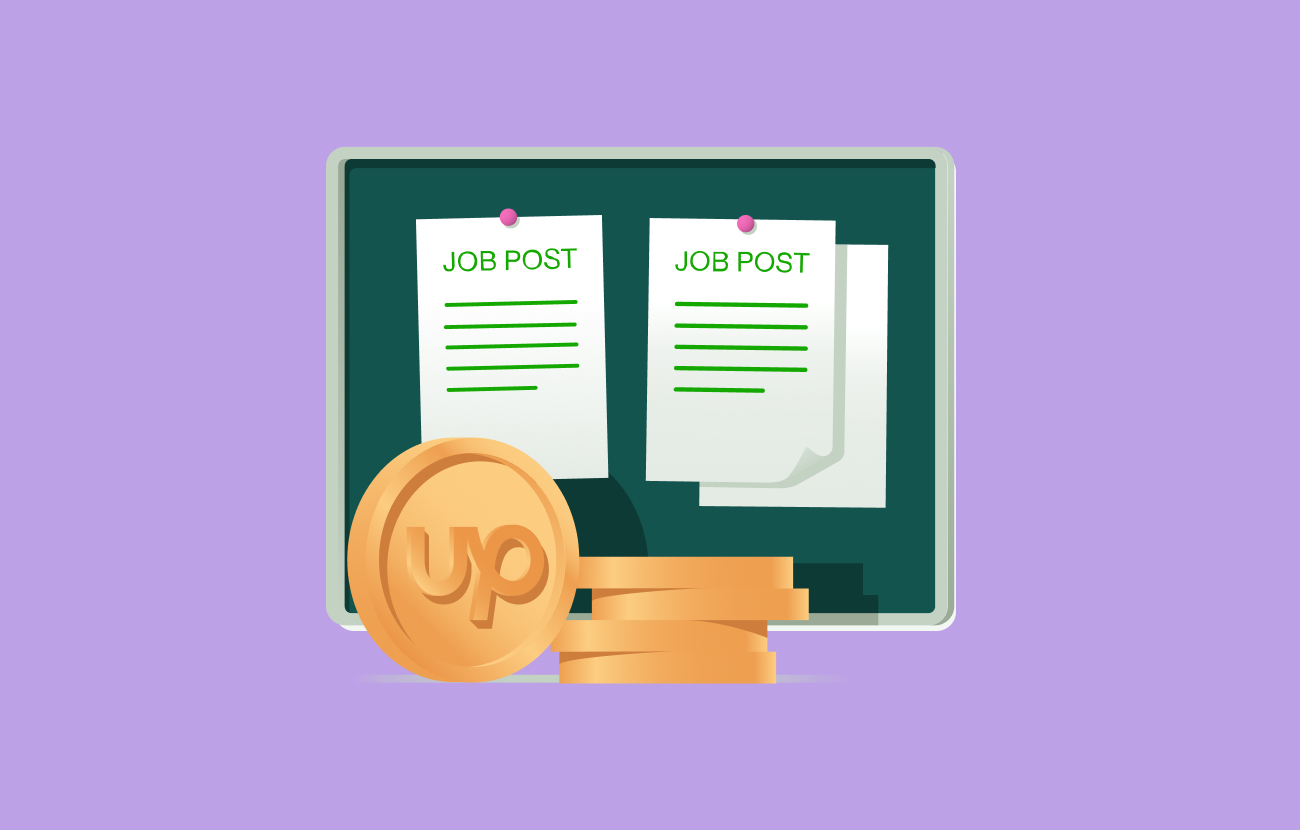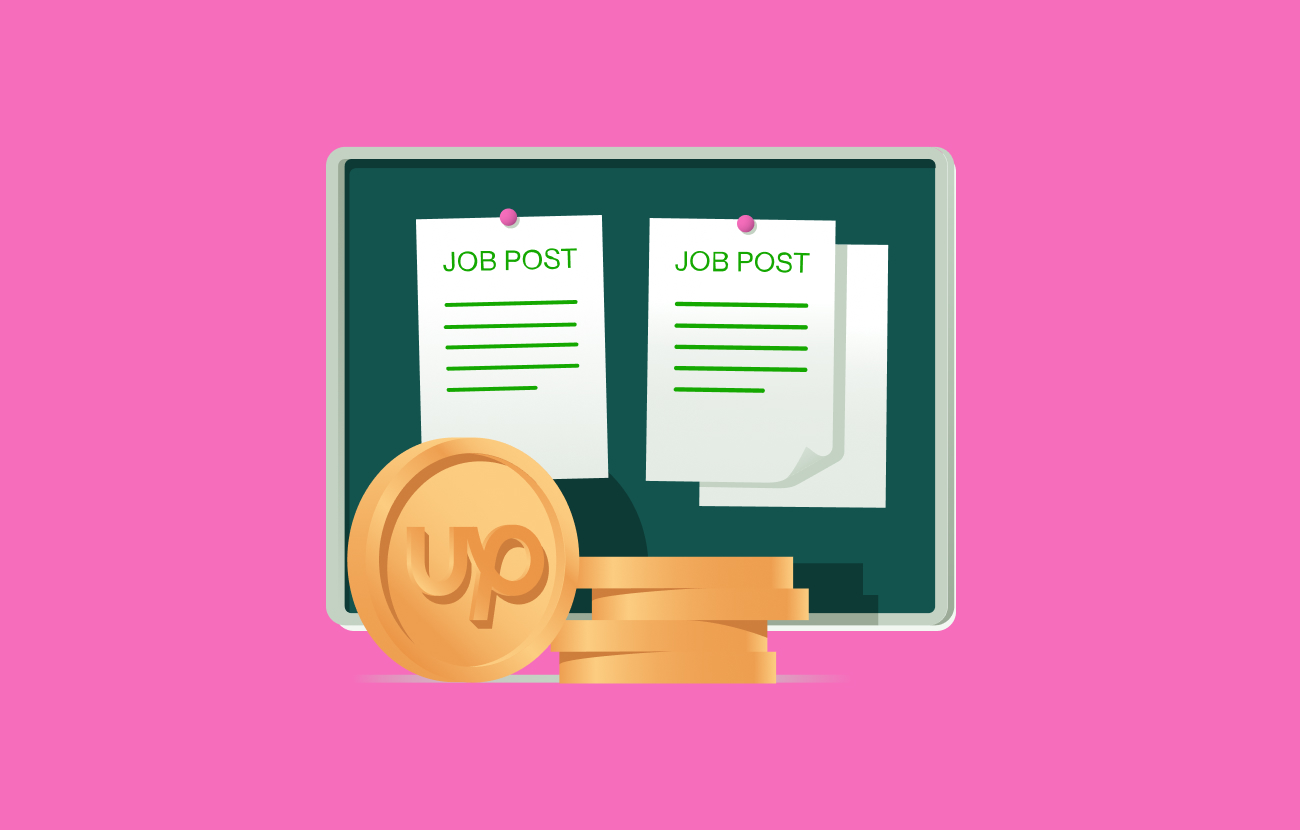Small Business Trends To Watch in 2026
Stay ahead with the top small business trends for 2026. Explore AI, eCommerce, and customer experience strategies to grow your business.

Entrepreneurs and small and medium-sized businesses in the U.S. are experiencing accelerated change in 2025, driven by technology, shifting consumer expectations, and rising demand for sustainable practices. AI adoption, eCommerce growth, cybersecurity, and evolving customer experience are becoming central to how small and medium-sized businesses (SMBs) compete and grow.
The small business trends we discuss in this article can help you streamline operations, strengthen customer relationships, and identify new opportunities for innovation and growth.
Key small business trends reshaping SMBs
SMBs in the U.S. are navigating rapid change. Technology, customer expectations, and global pressures are no longer future concerns; they're today's top priorities. These trends highlight where entrepreneurs can act now to stay competitive and fuel growth.
AI adoption and automation
AI has moved from something being tested to a tool used every day. Nearly 60% of U.S. small businesses use AI tools in their workflows. Chatbots handle customer questions, predictive analytics forecasts demand, and automation tools streamline repetitive tasks like invoicing and data entry.
For small business owners, the best place to start with AI is with simple wins. Try automating repetitive tasks such as scheduling or internal emails before you move into more advanced AI analytics. That balance allows teams to save time and costs without overcomplicating their operations.
eCommerce and omnichannel growth
eCommerce accounts for 16.3% of total U.S. retail sales, as of Q2 2025. SMBs are blending online and offline experiences through buy-online, pick-up-in-store (BOPIS); livestream selling; and social commerce on TikTok and Instagram.
In 2025, the most effective strategies include AI-driven personalization, subscription models for steady cash flow, and growing adoption of voice and mobile commerce. Businesses that combine these eCommerce tactics with strong customer service are setting themselves apart in crowded marketplaces.
Hyper-personalization and customer experience
SMBs using AI-driven recommendations, real-time chatbots, and advancements in segmentation are seeing stronger retention and higher customer lifetime value. Customers who feel understood are more likely to return and spend more, which directly boosts profitability.
Businesses that deliver personalization from start to finish — across marketing, sales, and support — see higher loyalty, repeat purchases, and stronger margins.
Cybersecurity and data protection
Cyberattacks are an urgent threat. In 2023, 41% of U.S. small businesses were victims of a cyberattack, with a median cost of about $8,300 per incident. More severe breaches can cost even more when revenue loss, reputational damage, and legal fees are included.
Small businesses can reduce their risk by implementing multi-factor authentication, keeping systems updated, and turning to cloud-based security tools. Outsourcing security audits or monitoring to specialized professionals is becoming a smart move for SMBs that don't have in-house resources. According to Forbes, AI-powered cybersecurity tools are also a powerful way to stay ahead of threats.
Social media marketing transformation
Social platforms have become full sales and service hubs. Short-form video (TikTok, Instagram Reels, YouTube Shorts) dominates, while micro-influencers provide authentic reach at a lower price point than celebrity endorsements. At the same time, AI tools are helping SMBs create content more efficiently and optimize posts for SEO and large-language-model (LLM) search.
Sustainability and green business practices
Eco-conscious consumers are reshaping markets; many are willing to pay nearly 10% more for sustainable products. SMBs are responding with sustainable packaging, circular business models (reuse/recycle), and eco-friendly supply chains. Wellness, food, and fashion sectors are especially seeing growth in green initiatives.
In addition to helping the environment, sustainability seems to be a key differentiator that business owners can adopt.
Remote work and hybrid models
The flexibility offered by remote work remains a competitive advantage for SMBs. With many larger companies pushing return-to-office mandates, small businesses offering distributed or hybrid work can attract talent, lower overhead, and access specialized skill sets.
61% of employees report being more productive at home, and companies can benefit from the resulting higher profitability, lower turnover, and reduced operational costs. Hybrid models also blend in-person and digital experiences, like workshops, pop-ups, and webinars, giving SMBs more ways to connect with customers.
Subscription-based services and recurring revenue models
One of the most powerful small business trends of 2025 is the rise of subscription-based services and recurring revenue models. Rather than relying solely on one-time sales, small and medium-sized businesses are building predictable cash flow and stronger customer relationships by offering subscriptions for consumables, wellness products, software, and niche services.
This model helps stabilize revenue during periods of economic uncertainty and increases customer lifetime value. For instance, coffee roasters offering monthly bean deliveries or fitness studios providing hybrid in-person and digital memberships are seeing higher retention rates compared to transactional models.
Beyond customer loyalty, recurring revenue systems give businesses clearer financial forecasting and reduce dependence on seasonal or fluctuating demand. Even simple automation, like recurring invoicing or integrated billing platforms, can streamline operations and cut down on administrative tasks.
How small businesses can succeed in 2025 and beyond
Small business success in 2025 depends on proactively embracing change. Entrepreneurship has become electrified with AI tools, omnichannel strategies, and trust-building with customers, positioning entrepreneurs and new business owners for long-term resilience and growth.
The most competitive small and medium-sized businesses are already acting on these priorities: automating repetitive workflows, launching subscription and recurring revenue models, and embedding sustainability into their operations. These strategies aren't just survival tactics; they're scalable investments that fuel business growth and improve customer loyalty.
Don't wait to catch up; start today. By tapping into the expertise of independent professionals on Upwork, small business owners can quickly access the specialized skills they need, from AI implementation to eCommerce optimization, to put these strategies into action.
Ready to future-proof your business? Hire top independent professionals on Upwork and take your next step toward sustainable success. Looking for flexible work? Find freelance jobs and grow your business with Upwork.
FAQs about small business trends
Many entrepreneurs want to know how to stay ahead without overextending resources. These FAQs address the most common concerns about small business trends in 2025.
What small business industries are growing the fastest?
eCommerce, health and wellness, AI-related services, sustainable products, and pet care continue to show strong growth potential. These sectors are benefiting from shifting consumer behaviors and increased demand for convenience, personalization, and eco-friendly solutions.
How are small businesses using AI in 2025?
From chatbots and virtual assistants to predictive analytics and content generation, AI and generative AI are now a daily business tool for over half of small businesses. SMBs are adopting AI to streamline workflows, reduce costs, and improve customer experience through automation and personalization.
What challenges are small business owners facing today?
Key challenges include cash flow management, inflation, cybersecurity risks, talent retention, and keeping up with small business marketing strategies. Many SMBs are focusing on financial agility and smarter resource allocation to stay competitive despite these pressures.
What role does sustainability play in small business growth?
Sustainability has become a brand differentiator. Consumers actively seek eco-friendly products and are often willing to pay more for businesses that align with their values. For SMBs, adopting sustainable packaging, circular business models, or local sourcing can strengthen both reputation and retention.
How can small businesses improve customer experience?
The key is personalization and accessibility. By focusing on hyper-personalized recommendations, fast response times through chatbots, and seamless omnichannel experiences, both online and in-person, SMBs can build loyalty and encourage repeat purchases.
Upwork is not affiliated with and does not sponsor or endorse any of the tools or services discussed in this article. These tools and services are provided only as potential options, and each reader and company should take the time needed to adequately analyze and determine the tools or services that would best fit their specific needs and situation.






.png)
.png)
.png)
.png)
.png)



.svg)
.svg)





















